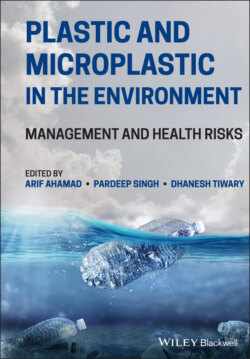Читать книгу Plastic and Microplastic in the Environment - Группа авторов - Страница 41
2.5.3 The Problem of Freshwater Microplastics in Developing Countries
ОглавлениеThe problem of freshwater plastic pollution occurs more in developing countries due to the lack of proper waste management systems in these countries. As a result, the waste is directly disposed of into open areas or water bodies like rivers, from which they reach the oceans (OCMCBE 2015; Kaza et al. 2018). As observed by van Emmerik et al. (2019a), rivers in South East Asia are known to be major contributors of plastic waste into the marine ecosystem, but with no proper observation and monitoring of these riverine plastic wastes, the sources and fate of these MPs remain unknown. The current research on freshwater plastic pollution is mainly focused on the developed countries with almost no proper monitoring in the developing countries (Blettler et al. 2018; Blettler & Wantzen 2019). This disparity is mainly because the countries doing quality research in sciences (especially experimental) are countries with a high‐income economy (OECD 2017). From an environmental perspective this cannot be sustainable, as the developing countries are generating the largest amount of solid wastes due to high population growth and high consumption rate, with no proper solid waste management (UNHSP 2016). Furthermore, many developed countries are dumping their solid wastes by exporting to these low‐income countries, adding to the environmental issues in these countries. Lastly, the largest river drainage systems are located in these countries (Latrubesse 2008) and they are now recognized as the largest potential contributors of plastic to the marine ecosystem. Thus, due to these reasons, extensive quantification and monitoring of sources and transport pathways, as well as fluxes of riverine MPs in these countries is urgently required.
